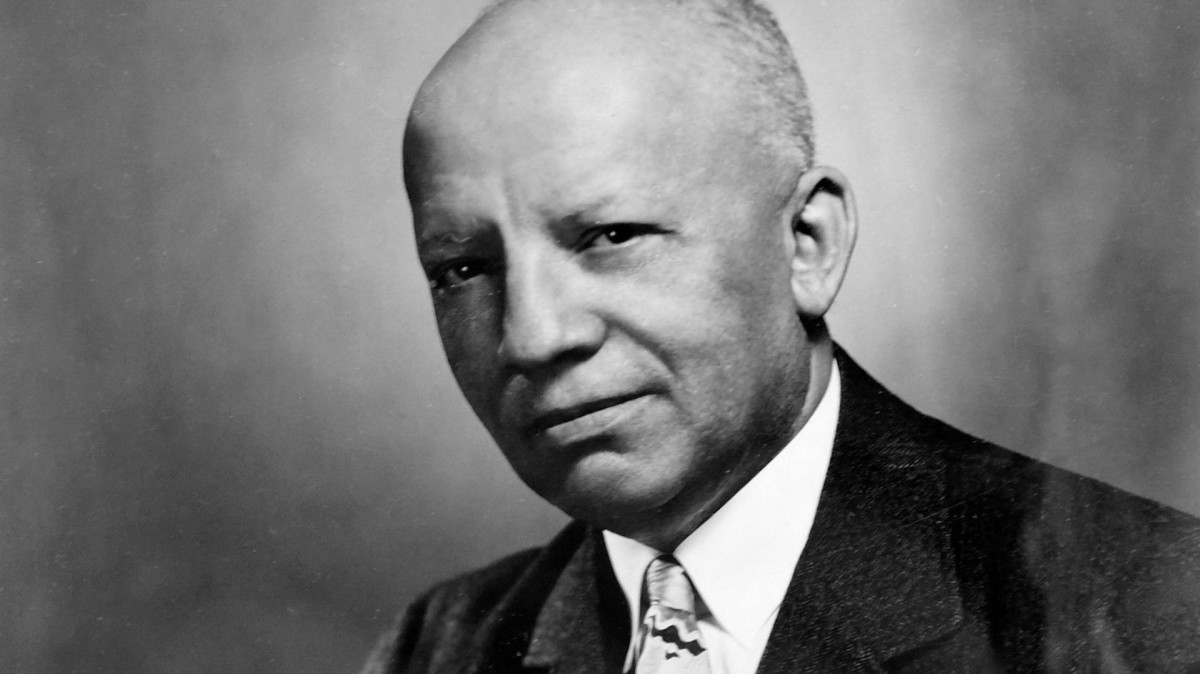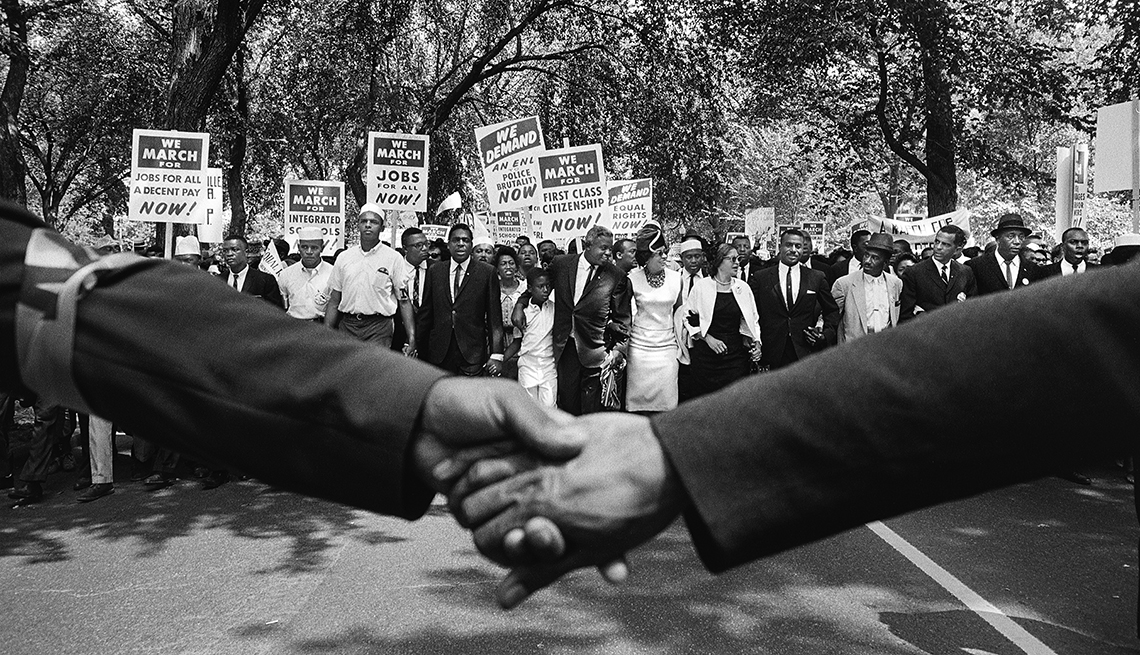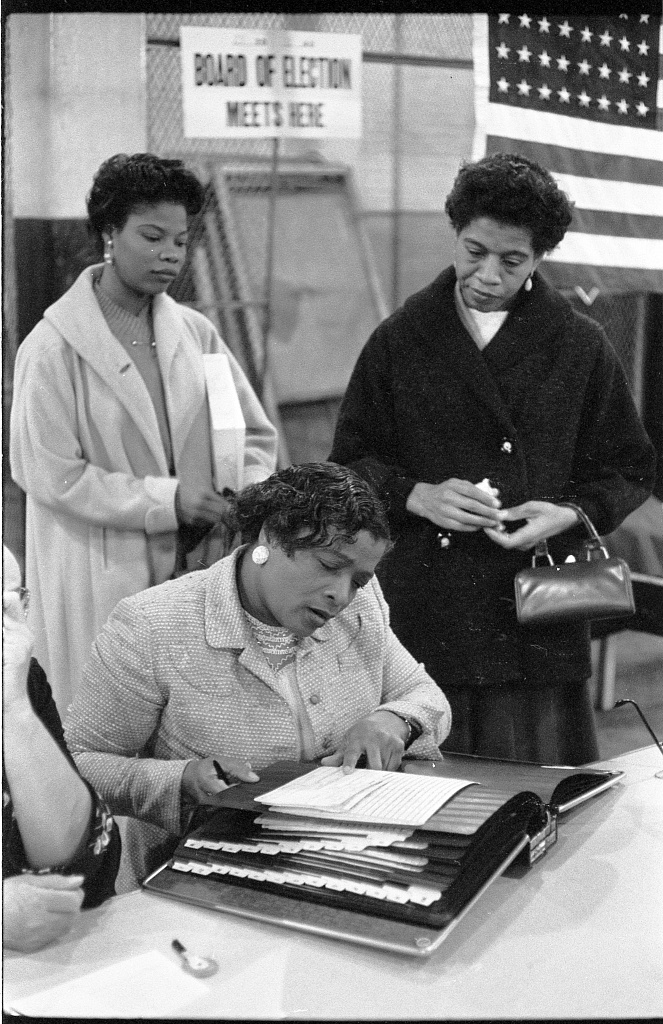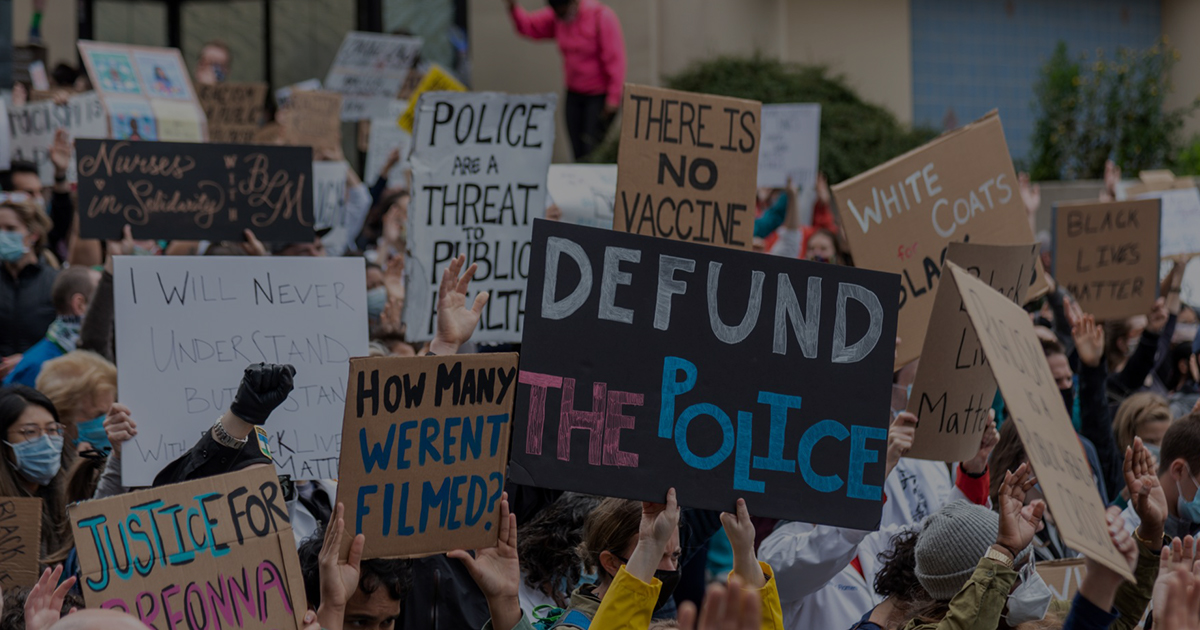
In the early 20th century, Harvard educated Carter G. Woodson along with the Association for the Study of African American Life and History (ASALH) devised a plan to launch Negro History Week.
Due to an underrepresentation of American Blacks in historical books and conversations, Woodson set out to change the narrative and ensure that the history of African-Americans was shared with the masses. According to Woodson, “If a race has no history, it has no worthwhile tradition, it becomes a negligible factor in the thought of the world, and it stands in danger of being exterminated” (Zorthian, 2016).
Negro History Week
In 1926, Negro History Week launched with the sole purpose of coordinating with school systems to ensure there was a focus on this subject. Initially, observations of Negro History Week were held during the second week in February due to the connection to the birthdays of both Frederick Douglass and Abraham Lincoln. “The celebrations and studies spread quickly, as the ASALH tells it, driving demand for teaching materials and spurring the formation of black history clubs. But, though a newfound understanding of black culture and literature was spreading amongst the middle class, the idea of expanding the week to a month did not come until several decades later” (Zorthian, 2016).
The Civil Rights Movement
The turbulent times faced by African-Americans during the 1950s and 1960s not only called attention to the dire injustices faced by Black people in this country, but it also elevated the need to highlight their history even further. It was during the Civil Rights Movement that Freedom Schools in Southern states embraced the curriculum from Woodson’s Negro History Week, and the push to have a full month to celebrate Black History was conceived. “By the mid-1960s, the most popular textbook for eighth-grade U.S. history classes mentioned only two black people in the entire century of history that had transpired since the Civil War—and that problem could no longer be ignored. It was in that decade that colleges and universities across the country transformed the week into a Black History Month on campus” (Zorthian, 2016). Eventually in 1976, President Gerald Ford decreed February as a national observance of Black History Month.


Black Lives Matter Movement
Black Lives Matter is not just a protest movement. It is a call to action grounded in the fact that African-American lives have value.
This sub-group of America’s population should be treated as any other ethnic group in this country. However, the very premise that brought Black people here on slave ships has continued to serve as a marginalizing tool that has replicated itself over and over. Throughout the history of this country, from serving in World Wars to contributing to the arts, education, government, sports, etc., black lives have mattered. It is time to acknowledge their numerous contributions to our society and declare how they have been more than an asset!


This sub-group of America’s population should be treated as any other ethnic group in this country. However, the very premise that brought Black people here on slave ships has continued to serve as a marginalizing tool that has replicated itself over and over. Angered by decades of injustice and crying for equality in all aspects of daily life, the Black Lives Matter Movement was founded in 2013 in response to the outcome of the Trayvon Martin case.
What then is the connection between Negro History Week, Black History Month, and the Black Lives Matter movement? The answer is simple. Black people in this country deserve equity and equality! From past to present, African-American people have been mistreated, misrepresented, overworked, underpaid, enslaved, beaten, and lynched. However, what we fail to highlight often is their astronomical contributions to the fields of medicine, science, technology, politics, and the list continues. Throughout the history of this country, from serving in World Wars to contributing to the arts, education, government, sports, etc., black lives have mattered. It is time to acknowledge the numerous contributions to our society and declare how this group of people have been more than an asset in this country! Without African-Americans, America would not be as great as it has been. All three of these historical movements are connected by the need to demonstrate that Black people are human beings like everyone else, and they should be treated as equitably as their counterparts.

